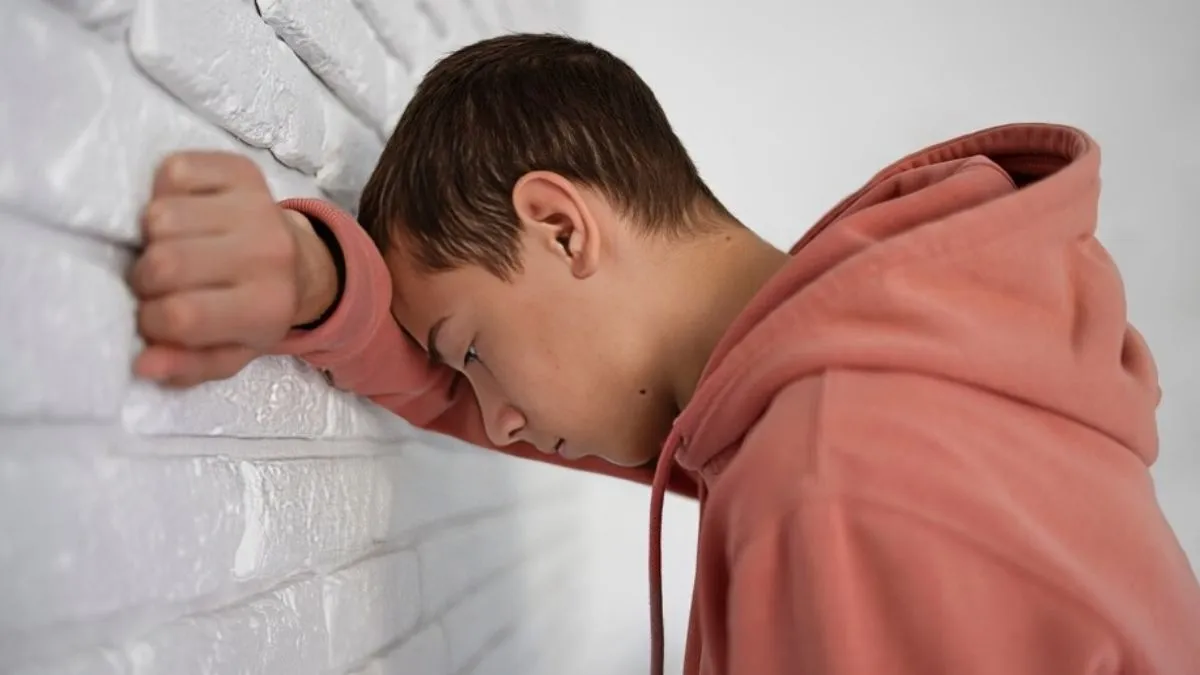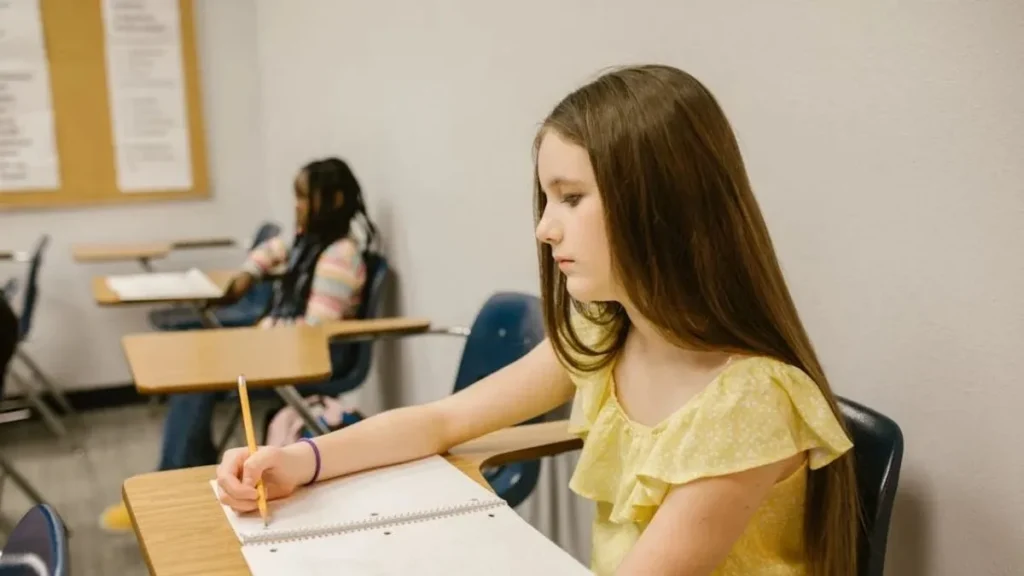TIPS
Key Signs of Depression in Teens That Every Parent Should Recognize

As a parent, spotting the signs of depression in your teen can be challenging. Adolescence is already a time of emotional highs and lows, but depression can be much more than just mood swings. It’s important to understand what depression looks like in teens and to be aware of the subtle changes in behavior that could indicate a deeper issue. Recognizing these signs early can help you provide the support your child needs before the situation worsens.
Table of Contents
Anxiety
Anxiety and stress are common experiences for many teens, but when these feelings become overwhelming or persistent, they may be signs of a deeper issue, such as depression. Teens often feel pressure from school, relationships, and expectations, which can lead to heightened stress and anxiety. Consider Newport Academy, a provider of mental health treatment for teens, offering personalized programs to help young people overcome challenges like stress and anxiety. It’s important to recognize that both conditions are treatable, and understanding the unique signs of each can help guide your teen toward the right support.
Loss of Interest in Activities
A teen who once enjoyed hobbies or socializing may suddenly lose interest in those activities. Whether it’s sports, reading, or spending time with friends, depression can cause teens to disengage from things they once found fulfilling. If your child shows no enthusiasm for things that usually excite them, it might indicate that their mood is being affected by something deeper than normal teenage behavior.

Difficulty Concentrating or Making Decisions
Depression can severely affect a teen’s ability to focus on schoolwork or other responsibilities. If you notice that your child is struggling to concentrate, falling behind on assignments, or having difficulty making simple decisions, these can be signs of depression. The overwhelming feelings associated with depression can make even everyday tasks seem daunting, which can cause your teen to avoid or fail to complete them.
Changes in Sleep Patterns
Depression often leads to changes in sleep habits. Some teens may sleep excessively, using sleep as a way to escape their feelings. Others might struggle with insomnia, finding it difficult to fall or stay asleep. If your child is experiencing significant changes in their sleep patterns, whether it’s sleeping too much or not enough, it’s a red flag that should not be ignored.
Excessive Sleeping
Some teens with depression may sleep excessively as a way to avoid their emotions or escape from stressful situations. They might sleep in longer than usual or take naps during the day, showing little interest in activities or socializing. While adequate rest is essential, a sudden increase in sleep, particularly if it interferes with their daily routine, could signal that they’re using sleep as a way to numb emotional pain or disconnect from the world around them.
On the flip side, depression can lead to difficulties falling or staying asleep. If your teen regularly complains of being unable to sleep or frequently wakes up in the middle of the night, it could be due to racing thoughts or anxiety caused by their depression. The lack of quality sleep can worsen their mood, creating a cycle of fatigue and irritability that further exacerbates their mental health struggles.
Restlessness at Night
Even if your teen is technically in bed for a full night’s sleep, they may experience restlessness. This could manifest as tossing and turning, difficulty getting comfortable, or waking up multiple times throughout the night. When the mind is preoccupied with sadness or anxiety, it becomes harder for the body to relax and settle into a restful sleep, leading to disrupted nights and exhaustion during the day.
Persistent Sadness or Irritability
While teens can have their off days, an ongoing sense of sadness, emptiness, or irritability could be a sign of depression. If your child seems unusually upset or withdrawn for weeks, it’s essential to take notice. Irritability, in particular, is common in depressed teens who may feel misunderstood or frustrated but can’t express their feelings. These emotions often manifest as anger or frustration over minor issues.
Withdrawal from Family and Friends
A teen who isolates themselves from family and friends may be struggling with depression. While some degree of privacy and independence is normal for teens, a noticeable shift in their social behavior – such as avoiding family gatherings, refusing to hang out with friends, or spending excessive time alone – can be a sign that something isn’t right. Social withdrawal often accompanies feelings of worthlessness or anxiety that are common in depression.

If you notice any of these signs in your teen, it’s crucial to approach the situation with empathy and understanding. Depression can be a serious and debilitating condition, but with the right support, your child can begin to heal. Make sure to seek professional help if needed and keep the lines of communication open. Recognizing depression early is the first step toward helping your teen navigate through this challenging time.
-

 GENERAL2 months ago
GENERAL2 months agoUncovering the World of кинокрадко: The Dark Side of Film Piracy
-

 GENERAL1 month ago
GENERAL1 month agoUnveiling the Art of преводсч: How Translators Bridge Language Barriers
-

 YOGA1 year ago
YOGA1 year ago4 Person Yoga Poses for Beginners
-

 GENERAL2 months ago
GENERAL2 months agoThe Journey of iamnobody89757: From Anonymous User to Internet Sensation























